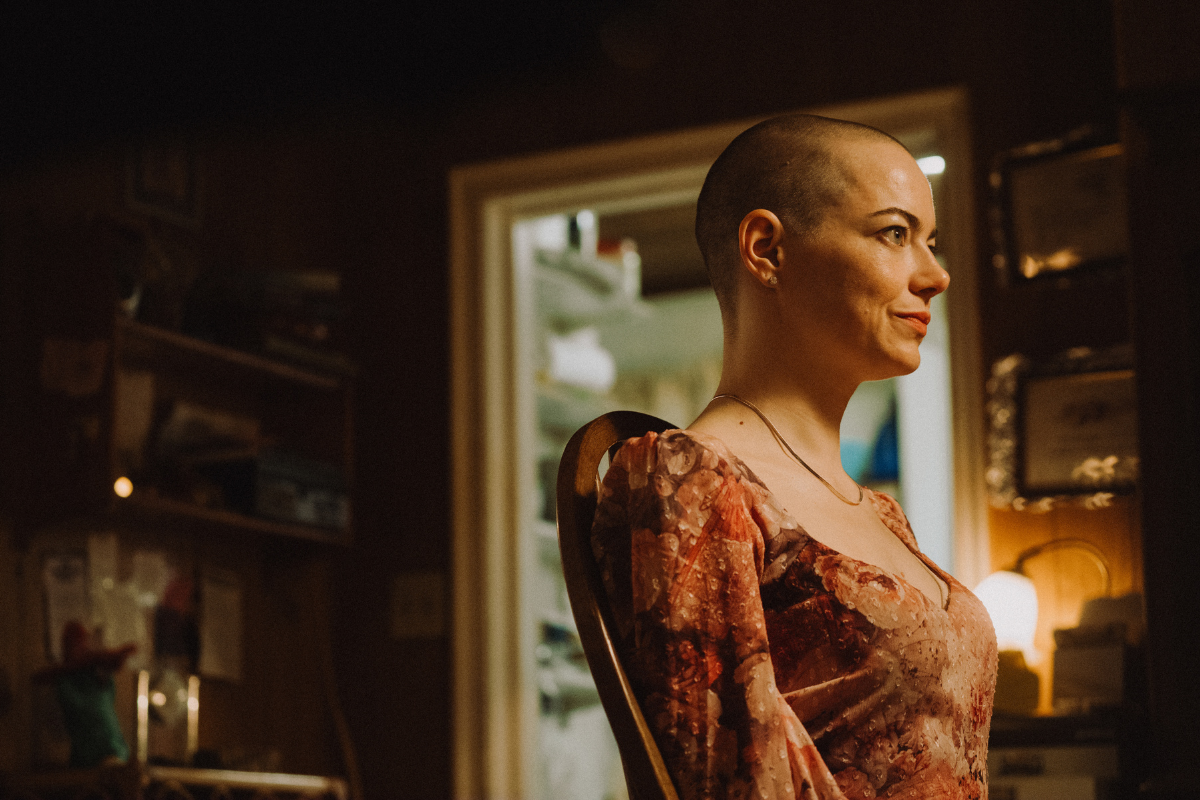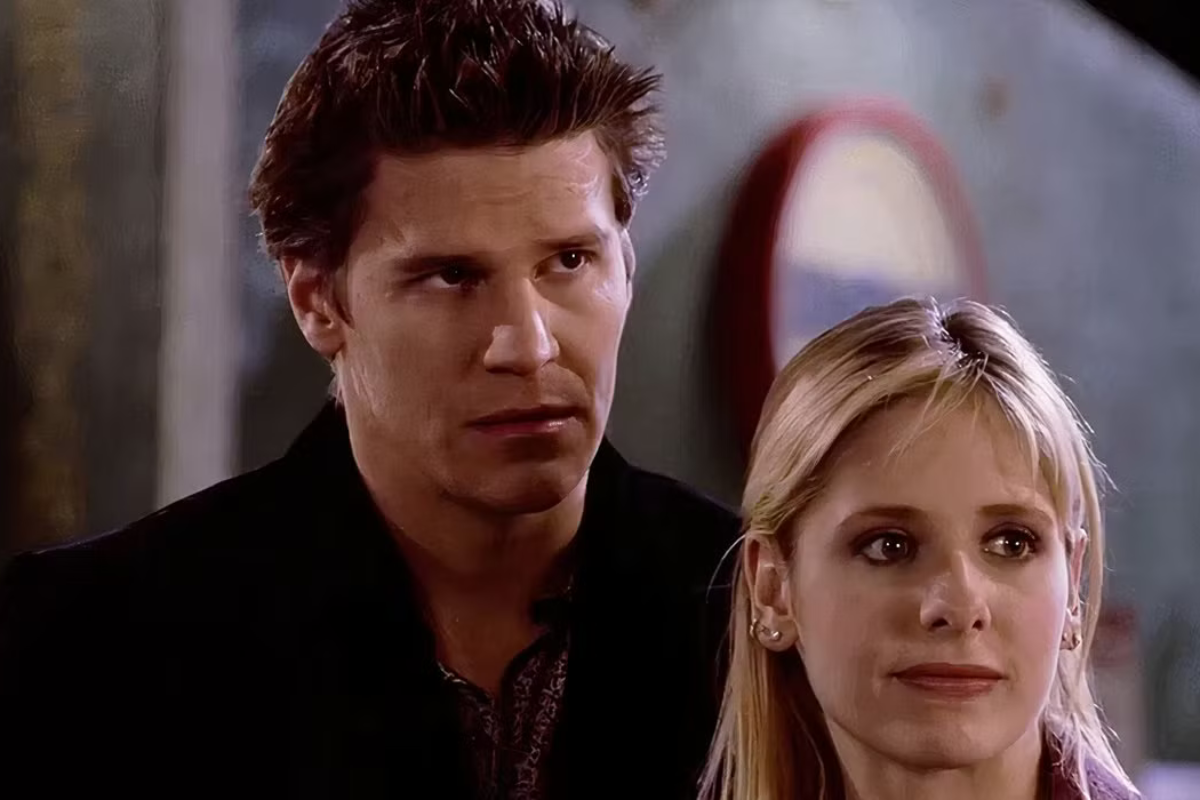Writers on the Verge: Your Expertise Starts with Your Craft
People who know me, who’ve worked with me, who’ve heard me speak, know that I advocate becoming an expert. An expert in your craft. An expert in a genre. An…
People who know me, who've worked with me, who've heard me speak, know that I advocate becoming an expert. An expert in your craft. An expert in a genre. An expert of your brand I am certainly not the person who invented this concept. In the industry, it is a simple truth that in order for people to want to work with you, the professionals on the other side of the decision-making desk want you to be an expert in what you do, a master of your vision and craft.
Which is exactly where things seem to get muddy for too many a writer out there. Certain writers feel that becoming an expert means becoming an expert in the world that is THEIR screenplay. Nothing more, nothing less. They come to me and announce: I am a screenwriter! I am the next great voice in TV land! I've written my screenplay (which no professional or consultant has seen or commented on yet). I've watched every episode of Homeland. This is it. I'm ready for success.
Don't get me wrong: In order to be an expert, you should know the other works that exist within your format and genre. You should watch, read, explore as much material as you can. But first and foremost, expertise starts with craft. CRAFT.
The first time a writer came to me and told me they were ready for a manager despite the fact that they couldn't discuss B-plots, character arcs, midpoints or reversals with any confidence I thought it was a fluke. The second time, I thought it was an odd and somewhat annoying repeat occurrence that a writer showed up and proclaimed themselves ready for showtime because they've read Michael Hauge's Writing Screenplays That Sell or The Screenwriter's Bible, and therefore could write a million Dollar screenplay as far as they are concerned. And, just for the record, I'm a huge fan of Hauge's. But reading the man's book is nothing like getting a serious evaluation from the man. The third, fourth, and fifth time, and every time after that? I began to suspect that writing this particular column was going to be inevitable.
Regretfully, this is not a new ailment. Many years ago, when I started teaching business of screenwriting seminars across the country, writers would should up and tell me they were there because screenwriting was "easy", just a bunch of dialogue spanning ninety pages, with some scenes book ending them. Which has lead me to realize: There is this idea out there that screenwriting is something one could become entirely proficient at by reading a book. That it's neither an acquired skill nor a learned craft.
For once and for all, let me put this out there: Writing a superior screenplay is complicated work. It is more than the contents of the best screenwriting book out there, more than the purchase price of your very own copy of Final Draft: It is a craft. A craft that you have to continuously work at. Dissect. Analyze. Understand. Something that, if you're lucky, you will work at for many years to come. That you will, longingly and consistently, seek to improve and learn.
Writers who get noticed, who get industry pros wanting to work with them, are those who can hold an informed, opinionated conversation about the many elements and nuances of not only their screenplays, but other produced works out there. It takes a lot more than knowing the world of your movie or TV pilot to make it in this funny world.
Add to that, film and TV making is highly collaborative work. This is not the world of prose, where you deliver a manuscript to your agent or publisher, then walk away. For your screenplay to gain interest, to go into development, to become a feature film or TV show, many drafts will have to be done, many conversations will take place. Notes will be given. Expectations will demand that you excel. You will have to know this craft inside and out, and there's no fooling yourself here or anyone else. Screenwriting is just not something you will be able to pick up from one book in one day. In the simplest terms, it is a craft.
The point? Study up, and never look back. Enter a screenwriting program, online or at your neighborhood college offering screenwriting courses. Check out some of the great screenwriting programs out there: Writers Boot Camp. Screenwriters University. UCLA. Become part of a writing group. Share pages. Get feedback. Watch movies. TV shows. Lots of them. Break them down. Analyze them every which was you can. This is a thinking man's game. And continue reading. Read everything you can. That way, you significantly raise your chances of one day becoming the expert with whom industry pros want to work.
Related Articles:
Lee Jessup is a career coach for screenwriters, with an exclusive focus on the screenwriter's professional development. Lee spent 6+ years as director of ScriptShark.com. During her time there, Lee introduced hundreds of screenplays to entertainment industry professionals, and spearheaded a national Business of Screenwriting seminar series launched in partnership with Final Draft and sponsored by the New York Times Company. Twitter: @LeeZJessup







